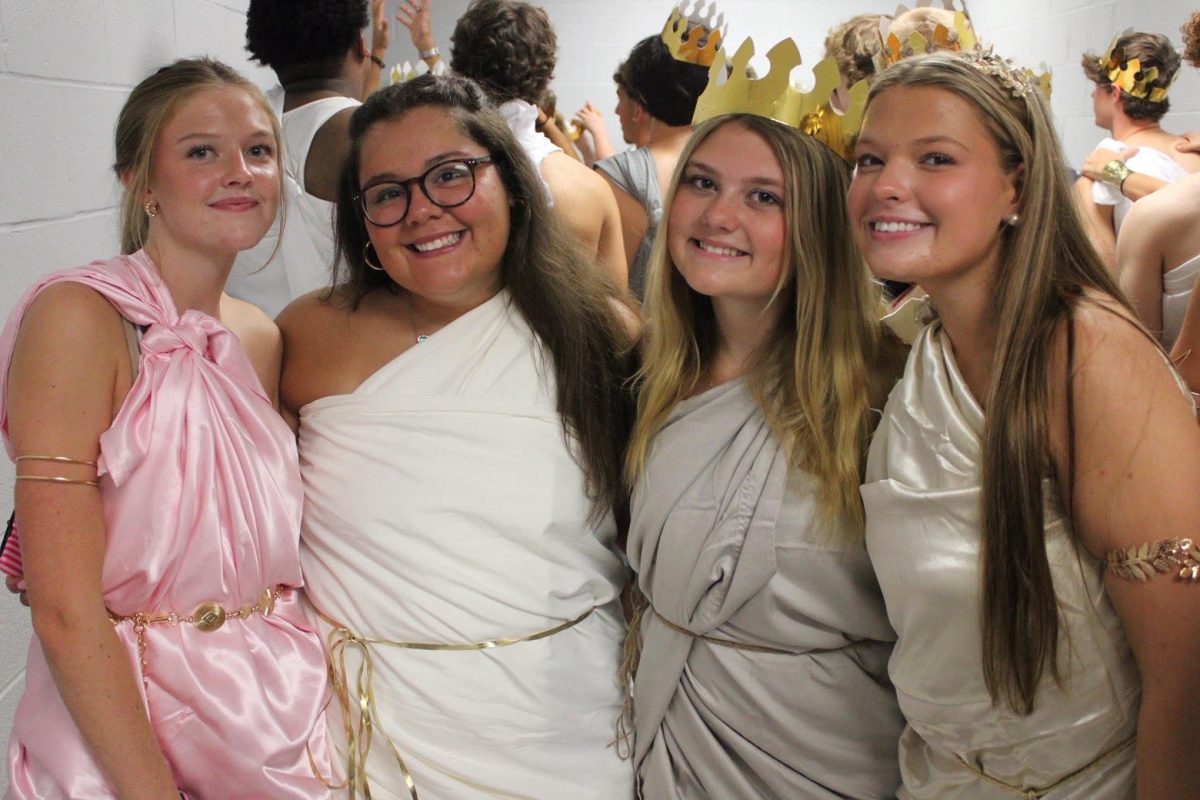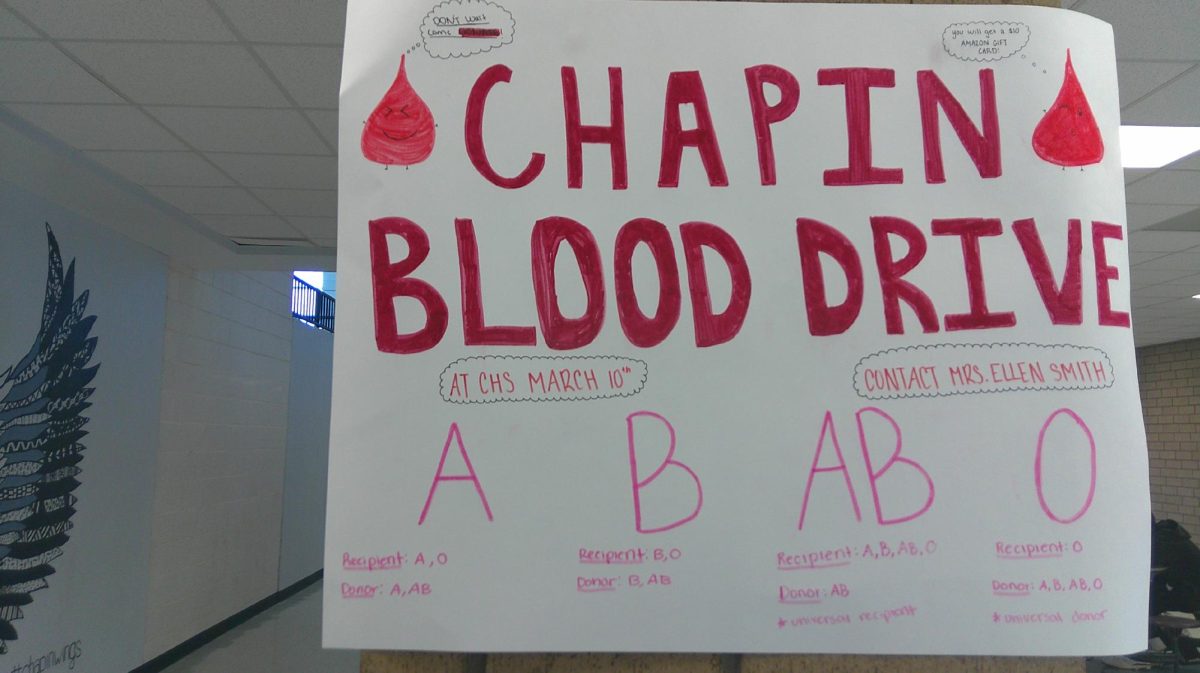The New Year symbolizes a fresh start for many people. Maybe it’s making a vow to lose that weight gained over the holidays, to spend more time with family, or to go to church more often. Whether the resolutions are kept or not, well, that’s as different story. Things are easier said than done. According to a recent study from TIME, sixty five percent of people who made a resolution kept their promise for at least part of the year, but thirty five percent never made it out of the gate. Only about forty eight percent of people say they are somewhat likely to make a New Year’s resolution this year. They seem to have lost their popularity.
“I made a new year’s resolution this year to eat healthier,” said Alex Shuler, a junior, as he took a bite out of his apple.
Many people just give up on their resolutions because they get tired of putting forth the effort to follow through with them. They think it would be much easier to go back to the things were. Or maybe it’s because of this simple fact—Americans are lazy. Is there even a point in resolutions?
“So many people make their resolutions to exercise more, and then they quit in like a month,” says sophomore Brandi Wallick.
New Year’s resolutions should be seen as a chance to make a promise to yourself for change. They should be seen as an opportunity to start a new year that will be lived to the fullest. It doesn’t have to be some huge resolution, like doing homework every single night; everyone makes mistakes, and some resolutions are nearly impossible to achieve. When making a resolution, don’t kid yourself. Come up with one that you know you can achieve, and will be willing to put forth the effort to achieve. If someone who smokes makes their resolution to never smoke a single cigarette again, chances are, within a couple days that promise will be completely invalid. Be practical.
Many people wonder how people evengot the idea of making resolutions at the beginning of every year; and why is January first so celebrated?
Fact is, New Year’s and New Year’s Eve has been celebrated since 2500 B.C. The New Year’s celebration started with the ancient Babylonians about 4,000 years ago. They celebrated with akitu, a week-long celebration of the New Year. But at that time, New Year’s wasn’t celebrated on January first. It was celebrated twice a year: usually around the time of both the spring and fall equinox. The Babylonians made New Year’s resolutions to the gods to get favor, and if one was broken it was considered bad luck.
In 153 B.C Julius Caesar declared January as the beginning of the year, and January was named after Janus, the mythical god of new beginnings. From then on, January first became the day celebrated as the New Year all over the world.
Make a resolution. People have been creating them since ancient times, and it would be ridiculous to abandon them now. No one can change or better themselves without it.






